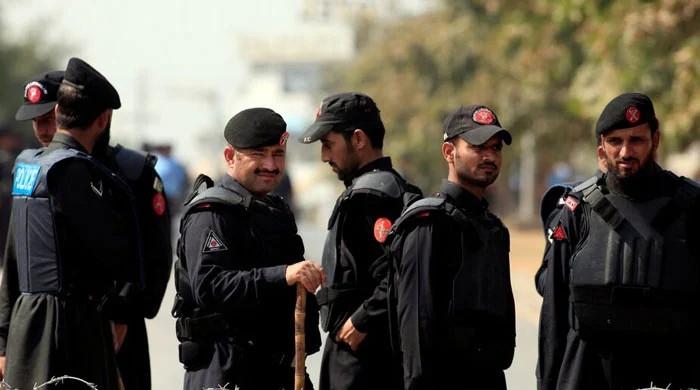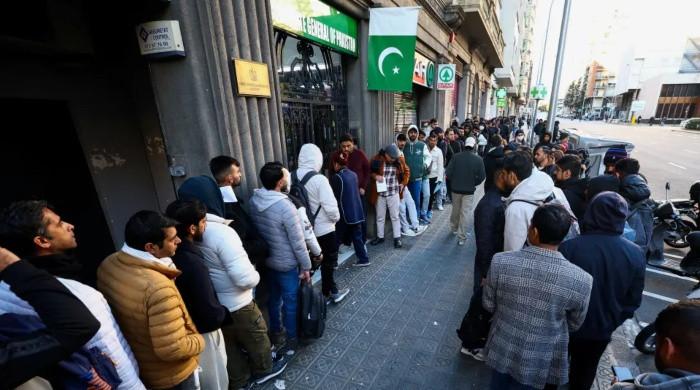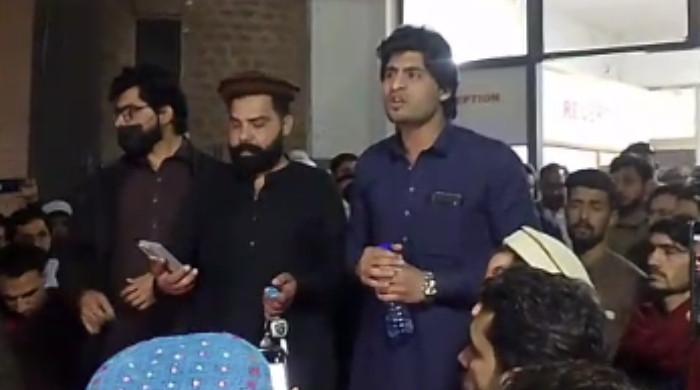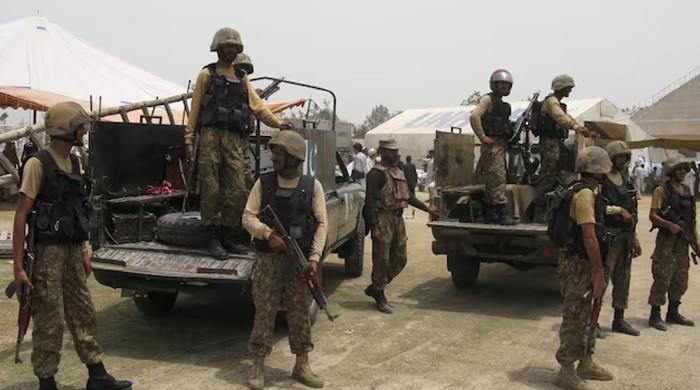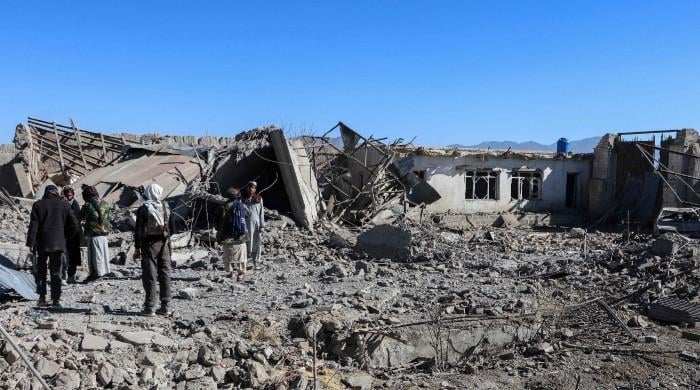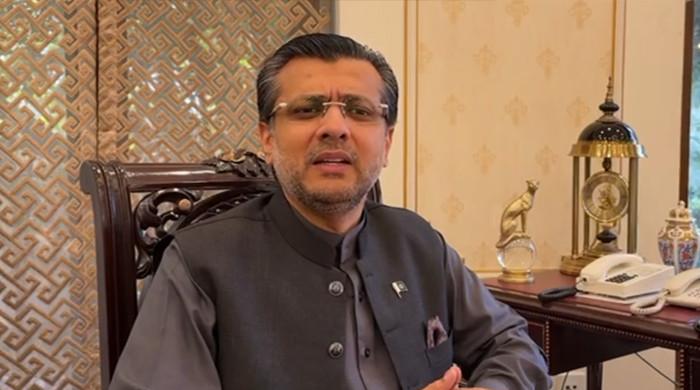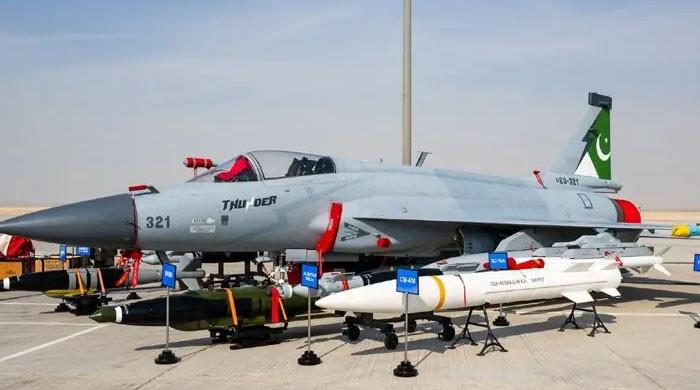Imran Khan moves LHC against ECP contempt proceedings, jail trial
ECP sets December 13 as date to indict former prime minister in contempt case
December 09, 2023

- ECP initiated contempt proceedings "illegally", claims Imran.
- He says ECP doesn't have jurisdiction for contempt proceedings.
- Imran terms trial in jail "violation of Article 4 of Constitution".
In a last-ditch effort to avoid his indictment in a case related to contempt of the Election Commission of Pakistan (ECP), incarcerated Pakistan Tehreek-e-Insaf supremo Imran Khan Saturday moved the Lahore High Court (LHC) challenging the case’s proceedings and his jail trial.
Earlier this week, a four-member bench of the electoral watchdog had decided to frame charges against the former prime minister — who is currently imprisoned in Rawalpindi’s Adiala Jail — on December 13 in the contempt case.
The ECP also decided that the contempt case proceedings against the PTI would be carried out inside the jail's premises.
In his petition, the deposed premier — who was removed from office in April last year via a vote of no confidence — stated that ECP did not have jurisdiction to initiate contempt proceedings.
“ECP initiated contempt proceedings [against me] illegally,” he added. “A secret trial in jail is a violation of Article 4 of the Constitution,” the PTI founder warned.
The ex-PM said that the ECP had set December 13 as a date to indict him in the contempt case and urged the LHC to nullify the ECP’s order pertaining to his jail trial in the case.
The proceedings against Imran and two other senior party leaders at that time, Asad Umar and Fawad Chaudhry, were initiated in August last year after they allegedly resorted to using intemperate and contemptuous language against the commission and the chief election commissioner.
They were asked to either personally appear before the commission bench to clear their position or through their counsel.
Instead of appearing before the bench, they challenged the commission’s jurisdiction in several high courts. However, the Supreme Court in January allowed the commission to initiate proceedings against them.
The ECP had decided to indict them initially on June 21, but due to a host of reasons, it is yet to be done.




